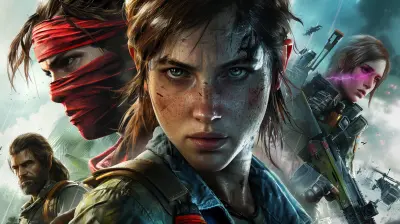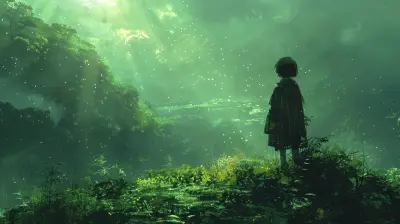The Psychology of Isolation in Survival Games
14 November 2025
Let’s be real for a second — survival games can mess with your head in the best (or worst?) way possible. Whether you're scavenging for scraps in The Forest or hiding from cannibals in Green Hell, there's something strangely thrilling and haunting about being alone in a hostile world. But what's that magic ingredient that makes us come back for more, even when it gets under our skin?
Well, buckle in, because we’re diving deep into the brains of gamers and exploring the fascinating psychology behind isolation in survival games. This isn't just about gameplay mechanics — it's about how these games touch on our most basic fears, challenge our mental resilience, and even shape how we view ourselves.
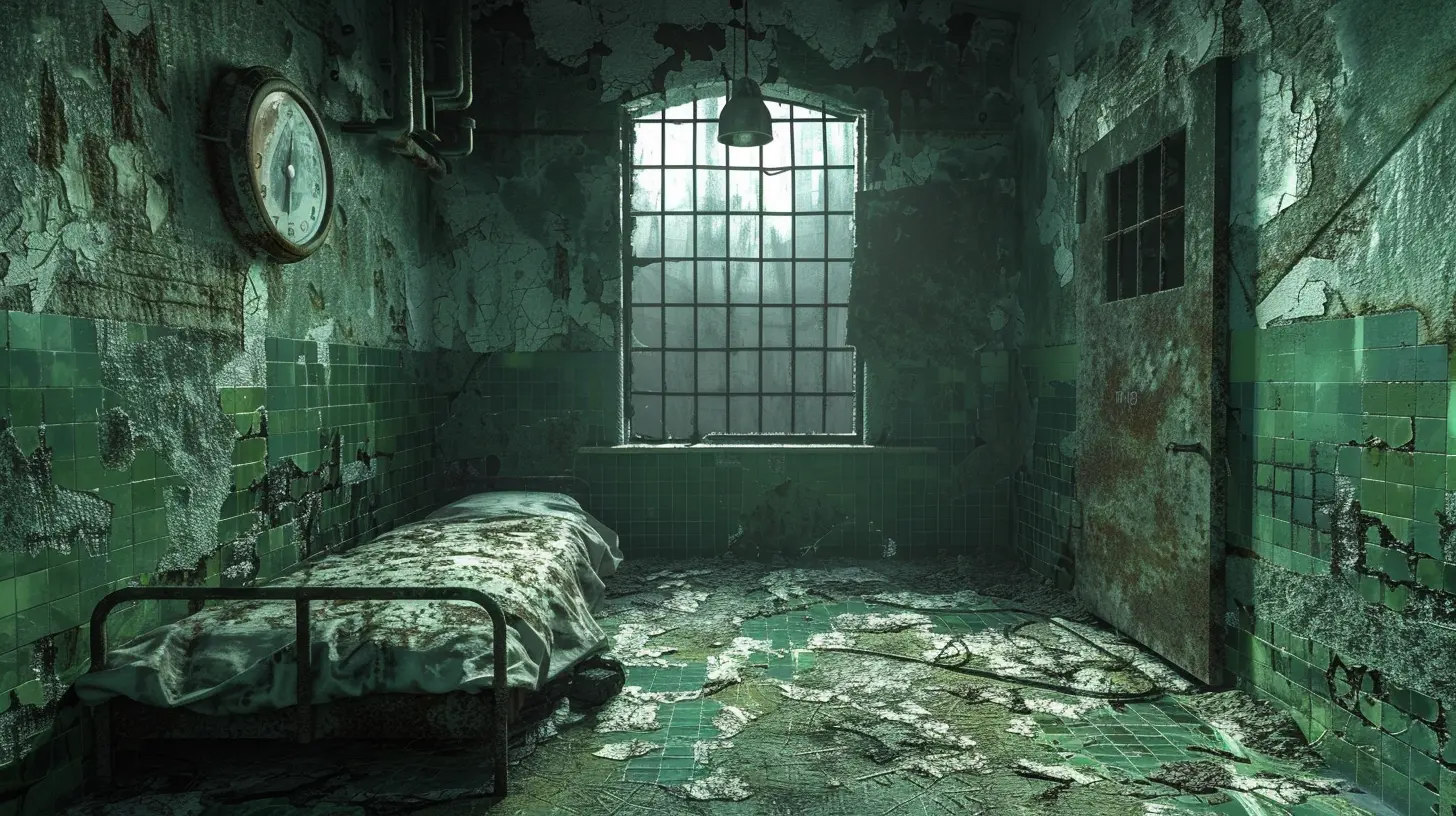
What Makes Isolation So Powerful?
Isolation in survival games isn't just about being physically alone. It’s about feeling emotionally detached, cut off from help, and responsible for your survival. That’s pretty intense, right? But that’s exactly what makes it so captivating.We’re Wired to Connect — So What Happens When We Can’t?
Humans are social creatures. We've evolved to depend on tribes, clans, and communities. Strip that away, and our brains start sounding the alarm. Survival games simulate this isolation and trigger real emotions — fear, anxiety, even sadness.Remember the first time you realized you were truly alone in Subnautica's vast ocean? That spine-tingling mix of awe and dread isn’t accidental. It taps into deep psychological instincts.
It’s You vs. The World
When everything hinges on your ability to adapt, survive, and rebuild, a unique kind of empowerment kicks in. It’s like the game hands you the keys to your own fate — think of it as the “solo hero” trope on steroids. At first, it’s terrifying, but once you get the hang of it? You feel unstoppable.Isolation removes distractions. It’s just you and your instincts. And in this brutal clarity, players often engage deeply — more so than in any cutscene-laden campaign.
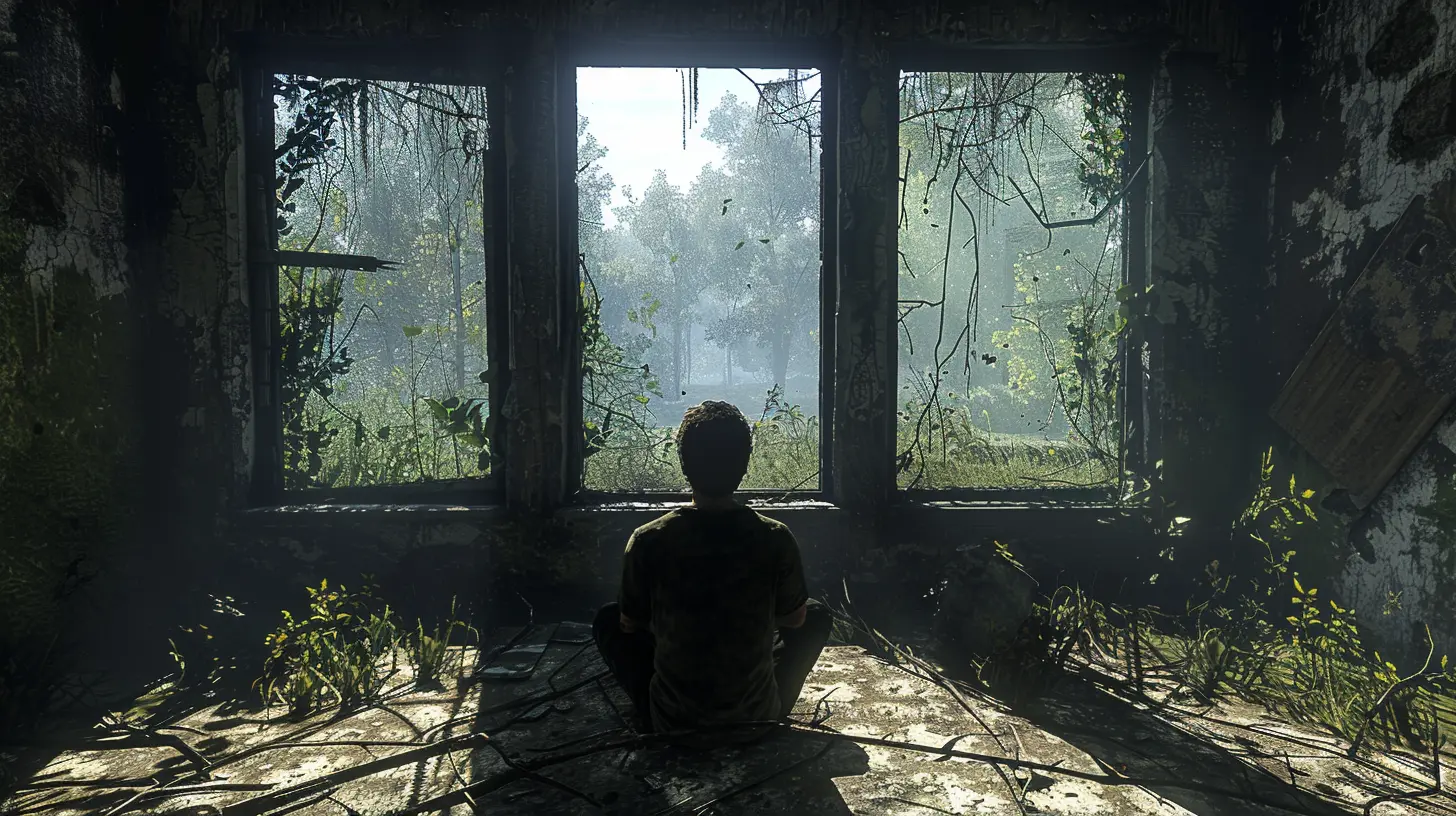
How Game Developers Craft Isolation
Alright, so isolation feels real in these games — but how do developers pull that off? It’s not just about plopping a character into an empty forest and calling it a day.Environmental Storytelling: Silence Speaks Volumes
Ever notice how some of the best survival games say very little but still manage to tell you a lot? That’s no accident.Titles like The Long Dark or Don’t Starve use weather, sound design, and sparse visuals to communicate loneliness. The absence of friendly NPCs or even music sometimes makes the world feel empty — eerily so.
And that absence? It makes every noise matter. Every crack of twigs, howl of distant wolves, or eerie silence becomes part of the narrative.
Resource Scarcity: Stress Under Pressure
When food wears thin, resources become rare, and your character starts hallucinating — that’s not just survival mechanics. That’s psychological warfare.Developers add these stressors to mirror real-life survival responses. You begin to panic when your stats dip. And that panic? It’s not just your brain reacting to pixels — it mimics how you’d feel if you were actually stranded somewhere.
Isolation with a Twist: The Unseen Threat
Some of the most terrifying survival games don’t feature monsters lurking around every corner. Instead, the fear comes from not knowing what’s out there.Think Soma or Darkwood. The fear of the unknown — that creeping feeling that something could strike at any moment — is isolation’s best friend. It keeps players on edge, hyper-aware, and fully immersed.
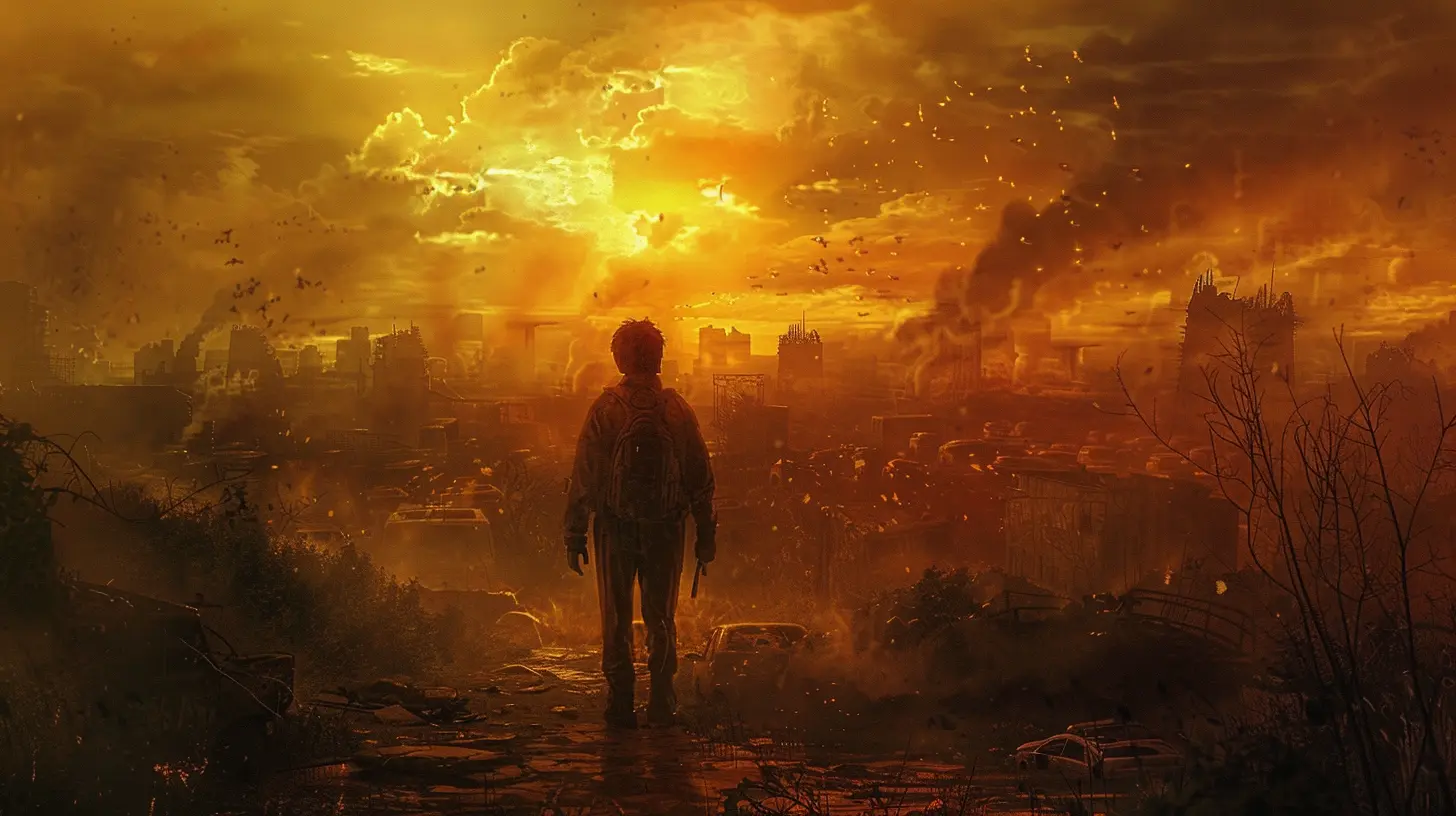
The Emotional Rollercoaster of Isolation
Isolation in survival games isn’t just a plot device — it sparks a whole range of emotions. No two players experience it the same way, but here are some consistent emotional beats most of us go through.The Panic Phase
This one hits fast. You’re dropped into an unfamiliar world, vulnerable, confused, and totally alone. You might run around aimlessly, trying to figure out controls, praying nothing jumps out at you.It’s the perfect recipe for triggering anxiety. But ironically, that’s why we love it. It gives us a jolt — a wake-up call.
The Adaptation Curve
Once panic settles, your brain kicks into overdrive. You start mapping out the world, managing your needs, and building shelter. That growing sense of control? It’s addictive.Here’s the plot twist: the more alone you are, the more meaningful every tiny victory feels. Killing your first wild animal, lighting your first fire, or surviving your first night — these are big wins in the isolated world of survival games.
The Existential Moment
Yeah, it gets deep.After hours of surviving, building, and exploring, isolation sets in differently. You might catch yourself staring at the in-game sunset wondering, “What am I doing this for?” The lack of a social structure or overarching narrative sometimes brings up real-life philosophical questions.
Why do we strive? What does survival mean without others?
Heavy stuff. But again — that’s what makes these games unforgettable.
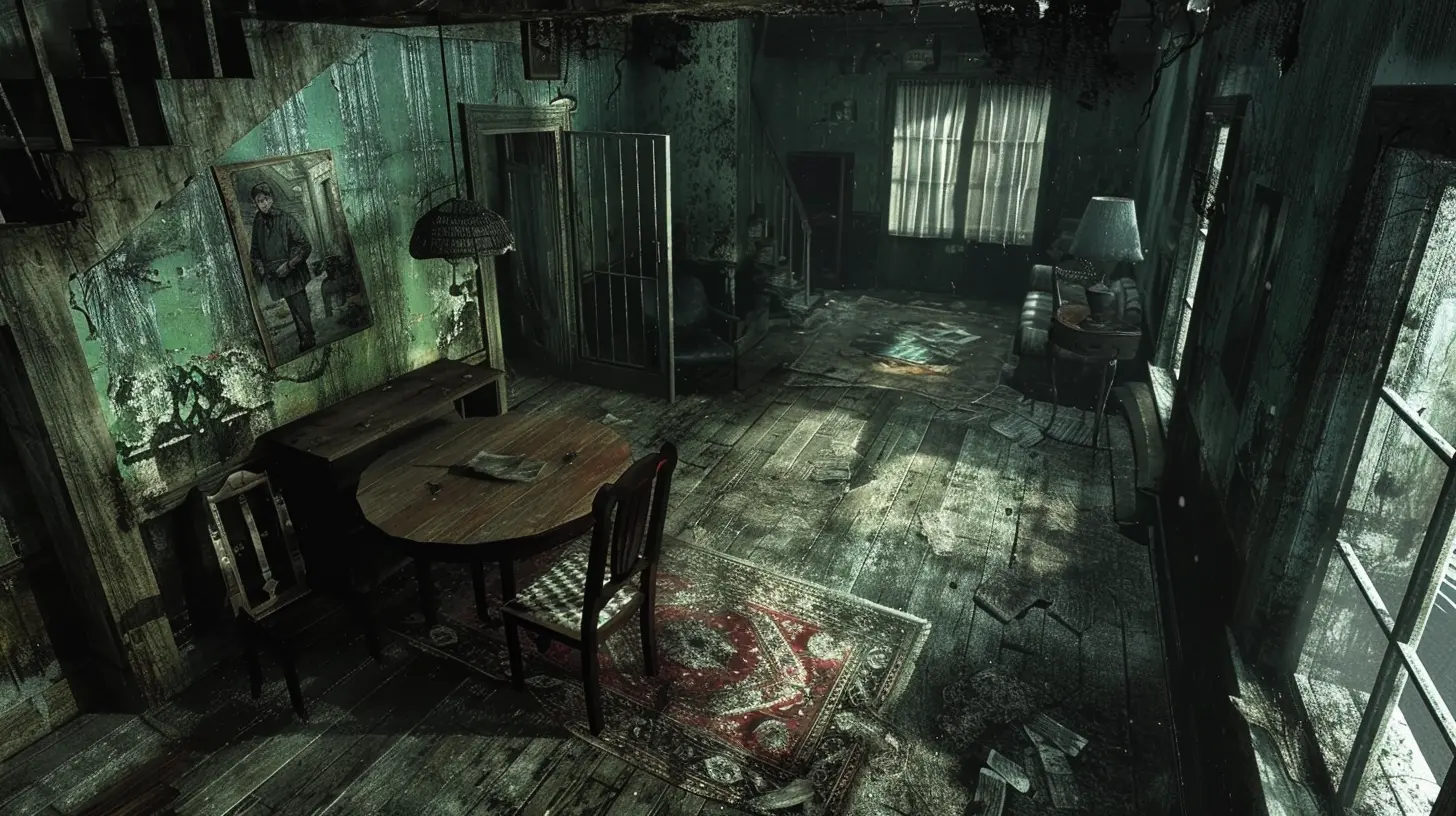
Multiplayer Survivals vs. Solo Survivals: A Psychological Comparison
Some survival games let us bring our friends along for the ride (Rust, ARK, Valheim), while others keep us painfully alone (The Long Dark, Stranded Deep). So how does this change the isolation effect?Solo Survival: Full Psychological Immersion
Playing alone strip away the safety net. You feel more exposed and more immersed. Isolation becomes a character itself — keeping you company every step of the way.It’s like reading a book versus watching a movie — more introspective, more personal.
Multiplayer: Social Dynamics Amid Survival
On the flip side, multiplayer survivals bring their own psychological flavor.Trust becomes a currency. Paranoia kicks in. Will that other player help you or stab you in the back?
You’re isolated from the safety of civilization, yet still forced to navigate human interactions. It’s like throwing you into a post-apocalyptic social experiment.
Why We Keep Coming Back for More
If isolation can make us feel anxious, stressed, or even depressed in-game… why do we love it so much?The Power of Immersion
Let’s face it — many of us play games to escape. Survival games offer some of the deepest immersion out there. It’s just you versus nature, and the stakes feel real.You’re not just playing a game — you’re living in it.
Catharsis and Control
In real life, chaos feels uncontrollable. But in survival games? Chaos is manageable. Every choice matters. Every effort brings rewards.And that gives players a rare feeling of empowerment — especially when life outside the game feels too complicated.
Emotional Exploration
Survival games let us face fears we’d never want to confront in real life. Fear of being alone. Fear of death. Fear of failure.But in the safe sandbox of a video game, we can explore these fears, face them, and come out the other side stronger — or at least more self-aware.
The Future of Isolation in Survival Games
As technology evolves, so does the potential to create even more immersive (and emotionally intense) survival experiences.Virtual Reality and Isolation
Imagine playing The Forest or Green Hell in VR. You're not just watching from a screen — you’re right there, breathing with your avatar, freezing in the snow, sweating in the jungle.VR has the potential to crank the psychological impact to 11. Isolation won’t just be a feeling — it’ll become a state of being.
Smarter AI, More Realistic Worlds
As AI develops, NPCs could mimic real human behavior. What happens when isolation isn’t just about being alone — but being misunderstood or manipulated by AI companions?The more realistic the world, the heavier the psychological weight of isolation becomes.
Final Thoughts
Isolation in survival games isn’t just a gimmick — it’s a deep, psychological mechanic that resonates with players on an emotional level. It taps into core human instincts, explores fears we rarely acknowledge, and immerses us in ways few other genres can.Whether you’re a lone wanderer in The Long Dark or forging alliances in Valheim, that thread of isolation shapes your journey more than any enemy or boss fight ever could.
So next time you find yourself huddled by a fire in-game, alone in the dark, ask yourself — is it the danger that’s truly scary, or the silence?
all images in this post were generated using AI tools
Category:
Survival GamesAuthor:

Luke Baker
Discussion
rate this article
1 comments
Viva Moore
This article beautifully captures the profound emotional impact of isolation in survival games. It resonates deeply, reminding us of the fragile balance between solitude and connection. Your insights into the psychological effects enrich our understanding of gaming experiences that reflect our own struggles and resilience. Thank you!
November 17, 2025 at 3:31 AM

Luke Baker
Thank you for your thoughtful comment! I’m glad the article resonated with you and highlighted the importance of connection amidst isolation.

